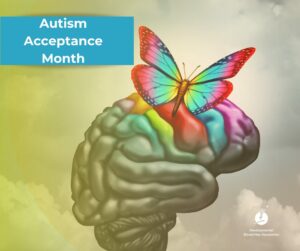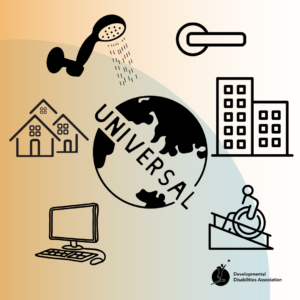We love this article because it reminds us to treat everyone with respect, dignity and equally regardless of where they are from and who they are. Stay informed and educated. Parents with special needs children are the same as parents with typical children, they all strive to provide their children a life filled with endless opportunities and for them to reach their full potential.
Here is a snippet of the article.
1. “She looks so normal” or “I didn’t know anything was wrong with him.”
There are many variations of this one, but I have always found these versions to be the most offensive. First off, what is normal anyway? I can handle typical, age-appropriate, even average, but not being “normal” implies what? That she is in fact abnormal, weird, bizarre? As for option two, there is nothing “wrong” with him. While he may have physical, mental and/or medical challenges that most children don’t have, that doesn’t mean he is wrong in any way. He is exactly who he is supposed to be and there is nothing wrong with that.
2. “He looks fine to me” or “you would never know to look at her.”
If someone tells you that his or her child has any type of disability or challenge, the correct response is never to downplay this child’s challenges by suggesting that they don’t really exist or at least that are not apparent to you. This comment was a big hot button issue for many parents I asked around about things not to say. I guess this seems like it will somehow be a comforting thing to say, but in fact, it’s just the opposite. First, please realize the amount of effort that has gotten the child to this place where they “look fine” to you. No, it didn’t happen overnight. In fact, for many, it was hours of therapy, over the course of many years, not just having therapists see your child in your home and taking your child to therapy appointments but actually becoming a therapist yourself, living, breathing, dreaming about how to make everyday activities therapeutic for your child. All of this is lost in these comments. Furthermore, these comments bring the child’s current challenges into question. If I am telling you about my child’s diagnosis, it’s probably for a reason, so to tell me he “looks fine” basically shuts down the conversation and makes me feel discredited.
3. “Is it genetic?”
It is definitely not OK to ask this unless you are a family member and even then you might want to tread lightly. As the parent where a genetic nightmare resided that I was completely unaware of before having children, I can tell you that this question is a time bomb. While I don’t like to think about the fact that my genes are the reason my son has had to have two brain surgeries and has cerebral palsy, the fact is, it’s true. Please don’t drudge up this negativity by asking me about genetics. For other people for whom the disability does not have a genetic cause, the undertone of this question is that you are wondering if they are somehow to blame for causing the child’s challenges.
For the full article, please visit this site.



